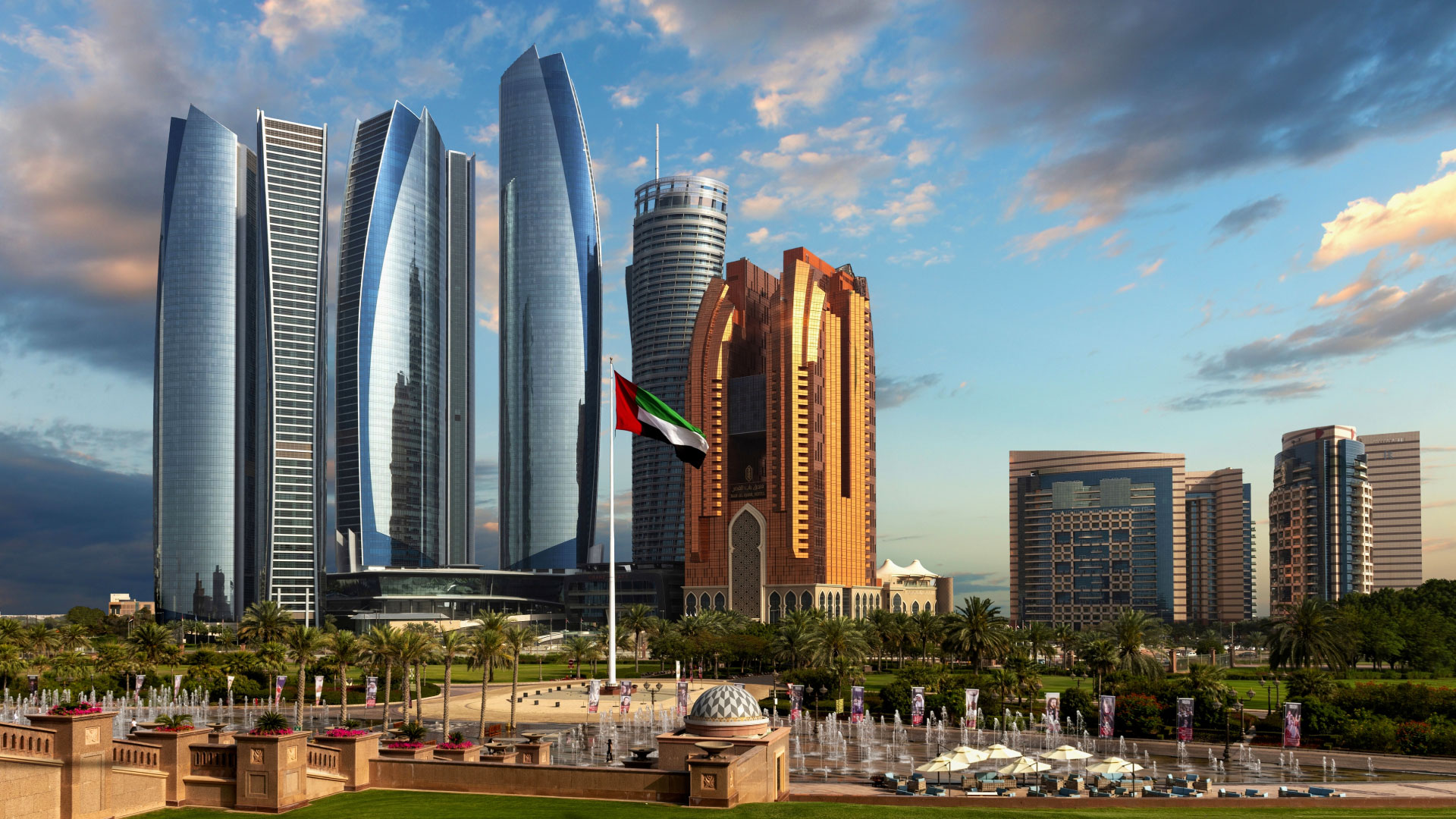
Specialized Financial Crime Court Signals Latest Step In Middle East’s Fight Against Insider Threats
The transformation of the Middle East’s financial markets continues apace with the creation of a new white-collar court, which experts say emphasizes the importance of addressing insider threats for any business activities in the region.
A specialist financial crime court is being opened in Dubai as part of efforts by the United Arab Emirates (UAE) to improve the region’s reputation for business.
The court will exclusively hear financial cases, focusing specifically on anti-money laundering and market abuse, with the power to punish individuals and companies.
Although developing fast, the laws governing financial trade in the Middle East are not as stringent as those in more advanced markets. Lax regulations increase the risk of insider threats and misconduct that may be missed on the ground but punished by regulators that monitor dollar transactions.
“The new court is a useful part of a package of measures introduced by the UAE over the last few years to enhance the confidence of the international business, financial, and political community in the UAE as a safe place from and through which to conduct business,” said Hadiel Hussien, of BSA Ahmad Bin Hezeem & Associates.
“The recent conviction of eight companies and 40 individuals in Abu Dhabi, along with significant prison sentences and fines, indicates how effective these specialist courts can be and demonstrates the determination of UAE authorities to prosecute [white-collar] crimes.”
Package Of New Measures
The UAE has transformed over several decades from a merchant trading hub to a major oil producer, and more recently into a thriving nation specializing in financial services, technology, space exploration, tourism, and healthcare. However, the UAE’s regulatory framework is made up of a patchwork of federal and Emiri (local) legislation that gives criminals ample space to slip between jurisdictions and evade justice. Experts have told Radar that this fragmented model, and the high rate of bribery and corruption are the most important obstacles to clean markets.
“The UAE’s approach to white-collar crime has come under particular scrutiny over the past year following scheduled reviews by international organizations and a number of high-profile cases involving UAE companies,” said Yacine Francis, partner at Allen & Overy in Dubai.
“The UAE has continued to develop and bolster its efforts to tackle white-collar crime, both within its ‘onshore’ jurisdictions, and within the various ‘offshore’ free zones, most prominently the Dubai International Financial Centre (DIFC) and the Abu Dhabi Global Market (ADGM), which are subject to the same criminal law, but which have their own compliance and regulatory regimes.”
New laws that reduce regulatory arbitrage and compliance risks, particularly for US and UK financial services attracted to the region, would further strengthen UAE’s reputation for business. Currently, enforcement officials have little scope to punish corruption outside of their narrow remit for investigation, and often cannot pursue criminals cross-border.
Most of the notable corruption cases stemming from Middle East business have involved breaches of the Foreign Corrupt Practices Act (FCPA), as enforced by United States federal authorities. The FCPA applies broadly to those firms and individuals with formal ties to the US and allows Washington to exert significant extraterritorial jurisdictional reach.
Earlier this year, Deutsche Bank agreed to pay more than US$43 million to settle charges that it violated the FCPA by bribing intermediaries in the UAE, Saudi Arabia, and a handful of other foreign states. Under a more mature regulatory framework, enforcement officials in the Middle East would be able to investigate and punish such matters, along with domestic misconduct, rather than leaving major cases solely to the US, experts told Radar.
“Recent legislation has expanded the remit of local regulators beyond financial institutions to cover other high-risk sectors of the UAE economy,” Francis said. “This has been the case for both onshore regulators (such as the UAE Central Bank) and offshore regulators, such as the DIFC’s Dubai Financial Services Authority (DFSA) and the ADGM’s Financial Services Regulatory Authority (FSRA).”
In the coming years, Francis predicts the enforcement of this legislative framework will become a major policy focus for the UAE.
“There are likely to be increasing enforcement efforts, with a wider range of sanctions for non-compliant entities,” Francis said. “Enforcement is unlikely to be limited to financial institutions. The authorities are likely to target Designated Non-Financial Businesses and Professions (DNFBPs).”
Whistleblower Protections; Cross-border Coordination
European and US banks have been warned to review their compliance systems and tools in regard to business conducted across the region.
Expanded protection for whistleblowers, both in onshore and offshore UAE jurisdictions, should remain a major trend for companies operating within the UAE, Francis said. “The UAE authorities’ increased focus on whistleblowing is evident both from new legislation and in the authorities’ efforts to make the process of whistleblowing as accessible as possible, with simple, clear instructions prominently provided on regulator websites and with Abu Dhabi even having introduced an app to encourage whistleblowing,” he said.
Formalized international coordination was also highlighted by the international financial crime regulator as an area for development in the Middle East.
The UAE’s growing status as an important international financial hub will necessitate coordinating with foreign authorities, particularly those in the United Kingdom and the United States, said Francis.
“While this will be a focus across the UAE’s offshore and onshore authorities, the offshore regulators, in particular, have recently expanded the scope of their international cooperation,” he said.
The DFSA has signed 109 bilateral and five multilateral agreements with other regulators that it frequently collaborates on cross-border matters. During the past year, the DFSA received 65 requests for regulatory information and assistance from other regulators, while the DFSA made 74 requests to fellow regulators for information.
“Although the FSRA does not report statistics with regard to its international regulatory collaboration or enforcement action, it has now signed 115 regulatory memoranda of understanding with both national and international regulatory bodies (including international financial centers),” Francis said.
Last year, the FSRA agreed on a memorandum of understanding with the Israel Securities Authority for regulatory cooperation.
Remaining Vigilant
In 2022 and beyond, the advice for financial services firms either operating in or looking to enter the UAE is to remain vigilant and take steps to ensure compliance systems are as robust as possible.
There is likely to be increasing pressure for businesses in the UAE, both onshore and offshore, to adapt to the changed legislative landscape, and greater formal and informal contact with regulatory bodies should be anticipated, Francis said.
“DNFBPs, in particular, are likely to be subject to more stringent oversight, with a real threat of corrective action where they are in breach of their compliance obligations,” he said. “Commensurately, in-house legal teams should expect to devote more time to developing, updating, and implementing compliance procedures, particularly in enhanced due diligence and suspicious transaction reporting.”







